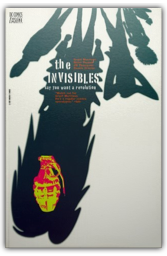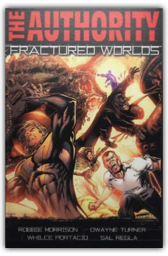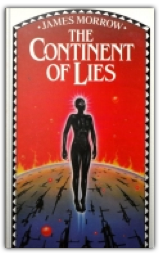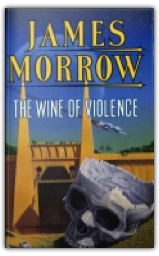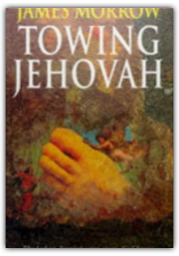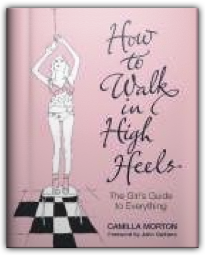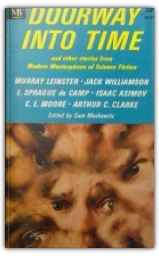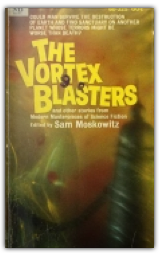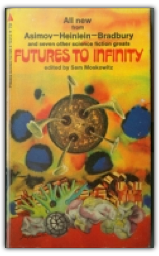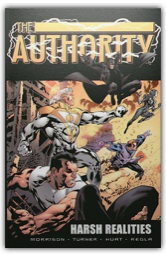 Harsh Realities
Robbie Morrison
Harsh Realities
Robbie Morrison
High above the planet, aboard a fifty-mile-wide alien vessel, The Authority - seven awesomely powerful meta-humans - act as bouncers for the Earth. If you threaten the life and liberty of its inhabitants, they'll get nasty in the pursuit of your blood. Reality Incorporated is the first ever multiversal business corporation. They strip-mine and globalise on a universal scale. Now they want The Authority's technology as their next exploitable resource or they'll reduced the Earth to an asteroid cloud. The Authority has only one answer - fight's on! The latest volume in this acclaimed, gut-crunching series features a brilliant new creative team to pitch The Authority once more into action! 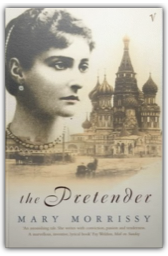 The Pretender
Mary Morrissy
The Pretender
Mary Morrissy
Mary Morrissey's second novel The Pretender, begins with an utterly fascinating premise: why should a Polish factory worker claim to be the Grand Duchess Anastasia, youngest daughter of Tsar Nicholas II? The novel unwinds smoothly in time, from Virginia in 1978 to post-First World War Berlin and finally to a childhood in rural Poland at the turn of the last century. There is something of Miss Havisham in the demeanour and behaviour of the first Anastasia——"a magnificent relic, a holy totem", whose life has been "as volatile as the century itself". She is almost deaf and imperiously selfish, with "a corrupted memory". She has been saved from herself by a former history professor with a "genealogical envy" for her Romanov past, who marries her to enter a royal dynasty. He not only dotes on her but more importantly believes in her. 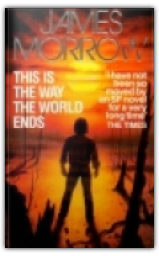 This Is the Way the World Ends
James Morrow
This Is the Way the World Ends
James Morrow
James Morrow had published SF novels before, but This Is the Way the World Ends (1986) reached a new level of intensity, tackling World War III horrors with ultra-black magic realism plus a touch of Lewis Carroll. Like George Orwell's 1984, it still packs a grim punch although history took another course. |
 Made with Delicious Library
Made with Delicious Library
London, State zipflap congrotus delicious library Scott, Mike
